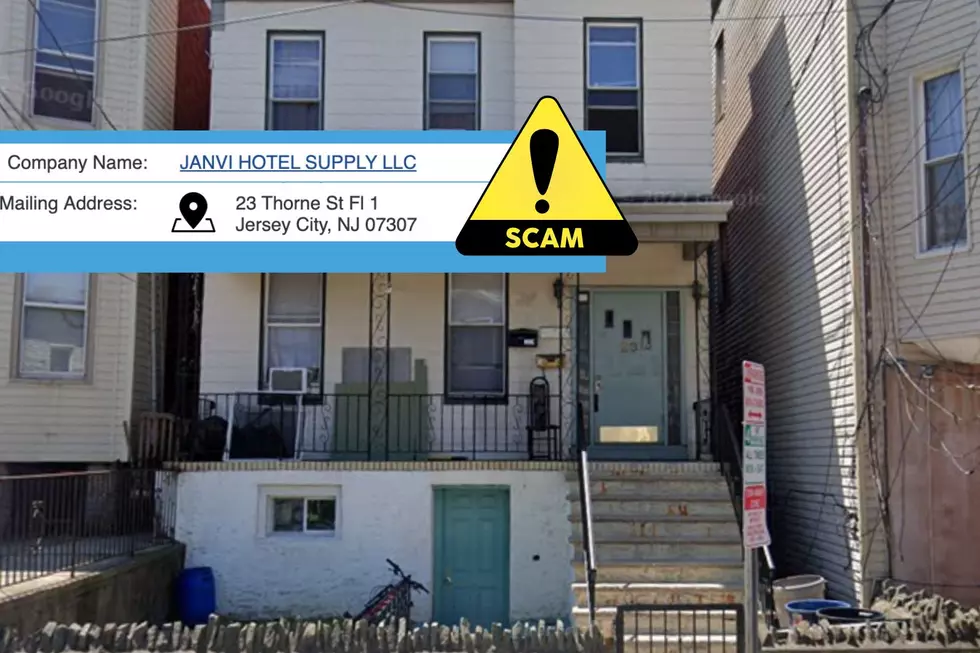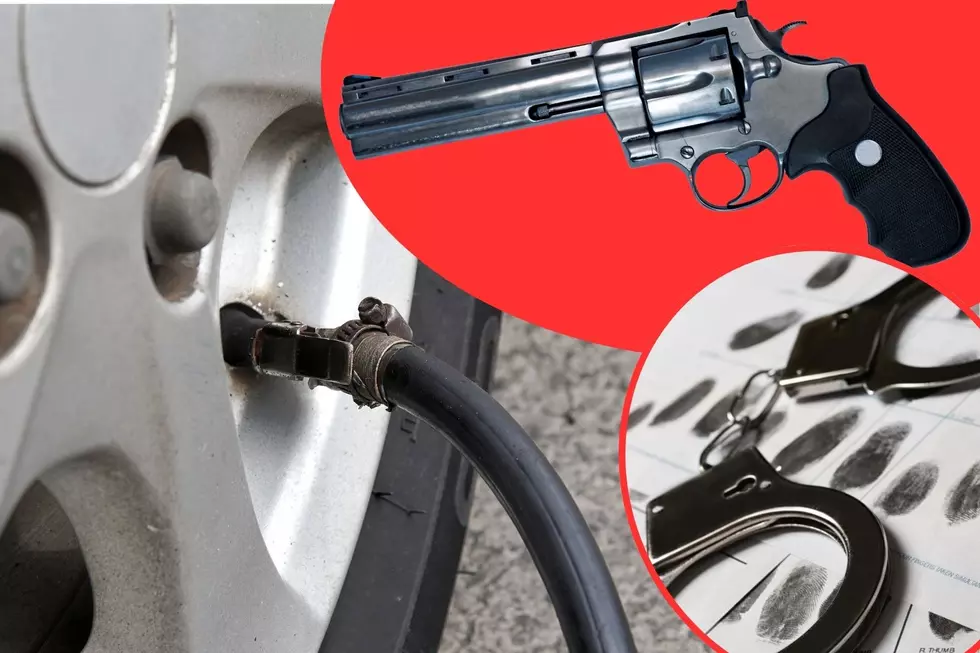
NJ gets 78,000 child-abuse calls a year, and it’s trending upward
It’s a disturbing trend: Calls to New Jersey’s child abuse hotline have been rising steadily over the past three years.
“In 2017, which is the last full year that we have statistics for, we actually had 78,322 calls,” said Christine Beyer, commissioner of the state Department of Children and Families. That’s about 8,000 calls more than were received in 2015.
Not all calls, however, result in investigations.
In 2016, the most recent year for which investigation data is available, 3,161 cases of substantiated child abuse were investigated by the Department of Children and Families, and there were another 4,989 cases where there was evidence of child abuse.
Beyer said the primary sources of child abuse referrals in New Jersey are from schools, hospitals and law enforcement. But thousands of reports are also filed by private citizens.
Beyer pointed out in New Jersey “all of our state residents are mandated reporters, and so we do, based on that, require that anyone who suspects abuse and neglect make the call to the child abuse hotline.”
They can report it to the New Jersey child abuse hotline, 1-877-NJ- ABUSE.
She noted even in cases where an incident that’s been reported does not rise to the level of abuse and neglect, “we can still go out and interview the family. At that point we might be going out, offering services.”
When asked what kinds of signs may indicate child abuse, the commissioner said there are many, so the best thing you can do is to call the hotline, which is staffed by trained and certified screeners.
Physical indicators of child abuse include:
Unexplained bruises and welts, sometimes reflecting shape of whatever was used inflict the injury, and that may regularly appear after an absence, a weekend or vacation.
Unexplained burns from cigar or cigarettes, especially on soles, palms, back or buttocks. Rope burns on limbs.
Unexplained fractures to skull, nose in various stages of healing.
Unexplained cuts or scrapes.
Behavioral indicators include:
- Being wary of adult contacts
- Apprehensive when other children cry
Behavioral extremes:
- Aggressiveness
- Withdrawal
- Frightened of parents
- Afraid to go home
- Reports injury by parents
Beyer pointed out people should not be fearful of getting a neighbor or family member in trouble by reporting something suspicious. Always err on the side of caution for the child, she said.
She said when a report of abuse or neglect is established it doesn’t necessarily mean “that children get removed from the home. We try everything in our power to be able to provide support and services to the family and keep children together with their biological family.”
Also on New Jersey 101.5:
You can contact reporter David Matthau at David.Matthau@townsquaremedia.com
More From New Jersey 101.5 FM









